Plantain is a plant of the genus of annual or perennial herbs, or shrubs. Its leaves are usually simple, linear, ovate, the base has a rosette. The flowers are collected in clustered inflorescences with bracts. Sepals of plantain are arranged, usually two different front and two rear.
The crown is right and membranous. There are over 250 species, confined mainly in temperate areas. Among the most famous are Indian plantain (Psyllium), narrow-leafed plantain (Plantago lanceolata), broadleaf plantain (Plantago major).
Some types of plantain have healing properties and are widely used in folk medicine. The popularity of the plantain spread back in the 12th century BC. Then herbalists in China were selling plantain quite expensively, because of its healing properties. Even the ancient alchemist and physician Pliny was of the opinion that if the boiler, which boils meat, has a plantain leaf added, the broth acts as a panacea and can cure a person of any disease.
Types of plantain
Indian white plantain (Plantago Psyllium, Plantaginaceae) is known throughout Europe, Asia and the Americas, mostly because of its valuable soluble fiber. Indian plantain stands for "soluble fiber" because it contains large amounts of fiber (10-30%), especially in its seminal clusters.
The use of this type of fiber goes back in antiquity in the lands of Central and Southeastern and Asia. In Chinese traditional medicine and Indian Ayurvedic medical practice, prevention of intestinal motility and suppress conditions such as constipation (constipation) and gastrointestinal disorders (diarrhea) is done with the fibers of the plantain.
Indian plantain contains both soluble fiber and insoluble fiber in large portions. Together in contact with water in the gastrointestinal tract both indigestible carbohydrate gel into a clay form, which can not be crushed by stomach acids and enzymes, or be absorbed into the cell membranes.
Fernleaf plantain is known as leavedr plantain. The leaves have short stalks arranged in a basal rosette, with very prominent veins. The flowers are collected in a cylindrical top class.
Broadleaf plantain is known as great plantain, or big leaved plantain. There is a short rhizome and a weak flowering stem, and the flowering stalk is cylindrical, the colors are collected at the top as a cluster.
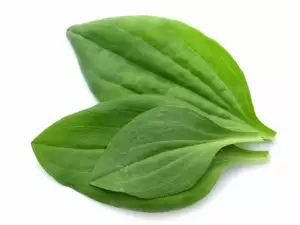
Nutrients in plantain
The leaves of the plantain have a huge reservoir of vitamins C, A and K, its content is high and the tannins and polysaccharides and fiber, especially in the Indian plantain, which transforms the raw material from the plant into a valuable resource for a variety of medicinal and pharmaceutical preparations. Phytochemical studies have shown that the leaves of plantain contain a number of substances having anti-inflammatory activity. The juice of the plant kills pathogenic microbes and festering wounds of purified secretions supports rapid healing.
Dry plant matter is used as an herb, contains mucus and bitter substances, carotene, vitamin C and vitamin K. Rich is citric acid, tannins, enzymes (invertin and emulsin), glycosides, etc.. In the seeds and leaves of plantain, there is also silica.
Storage of plantain
Plantain leaves are collected during the months of May to October, and the plant itself blooms from spring to summer. This is the period where you can buy herbs from professional herbalists and people involved in their trade. Dry out the leaves in a cool dry place, but always in the shade. Dried leaves should be stored in a dry place.
Healing properties of plantain
Indian plantain and its water-soluble fiber are useful for the proper absorption of food, gastro intestinal detoxification, they improve peristalsis and others. This herb is a powerful gastro-intestinal detoxifier that chases out the accumulated waste molecules through micro wrinkles on the surface of the small intestine before they become toxic and go into the tissues of the intestinal cells, and thus into the bloodstream.
Indian plantain can be taken as a means of weight loss and reducing appetite. Its fiber creates a feeling of satiety. With plantain, you can prepare various low calorie and filling dishes, and added to low fiber foods, it increases their solubility. Plantain reduces the glycemic index and helps to prevent overeating and ingesting large amounts of food. Indian plantain helps to delay or accelerate peristalsis.
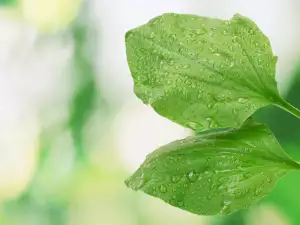
It is good for diarrhea, dry food because it has fiber mass and thus slows constipation with a gelling clay mass accumulates in the stool, rubbing the walls of the intestines and stimulates peristalsis to accelerate the movement of the food mass. In diets with consumption of eggs with dairy, dairy with meat, beans with meat, nuts, etc. with milk. or over-consumption of protein and low-fiber psyllium have a carminative action.
Narrow-leafed plantain is used as an antimicrobial, antiviral and laxative. It is used for inflammation of the upper respiratory tract, pharyngitis, laryngitis, acute and chronic bronchitis, pneumonia, ulcers of the stomach and duodenum, colitis, biliary tract disease, cystitis with hematuria and others. With narrow-leafed plantain, treat wounds and other skin diseases.
Broadleaf plantain has a favorable action on the body. Helps with inflammation of the upper respiratory tract, characterized by tough, stingy mucus (chronic bronchitis), and problems with the gastrointestinal tract (gastritis, ulcers, colitis). Chopped fresh plantain leaves are applied to insect bites, boils, surface festering wounds. Gargle with it for inflammation in eczema and use as a compress for sore eyes.
Plantain is has a styptic, secretolic, bacteriological and expectorant action. Plantain contains silicic acid and is used in diseases of the connective tissue - internal bleeding and internal wounds and to help treat mild forms of pulmonary tuberculosis. According to Russian medics, flour from plantain leaves helps treat certain types of cancer.
Thanks to bitter substances, which are contained in plantain, it is a good way to increase gastric secretion and appetite, and also to some extent forming a process. Among the diseases that respond well to plantain are gastrointestinal catarrh, flatulence, colic, gastric and duodenal ulcers, chronic inflammation of the airways, pertussis, bronchial catarrh, asthma, liver disease, etc.
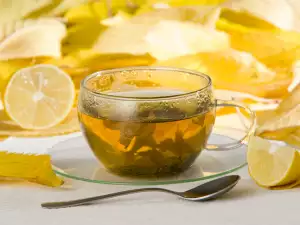
Resorting to traditional medicine, use plantain for inflammation of the bladder, varicose veins, fungal diseases, dysentery, inflammation of the gums, haemoptysis, heartburn, belching, liver and biliary diseases, gases, enlarged prostate, heart disease.
Herbal decoction of crushed fresh leaves is applied externally as a compress to relieve swelling and softening of injury, pain from boils, insect bites, sore eyes. Freshly crushed leaves help in the treatment of fungal diseases between the fingers and toes and in the groin area. For this purpose, every night put fresh poultice or compress to the affected area for a period of 10 days. The juice of the fresh leaves is used in diseases of the gastrointestinal tract, as well as injuries to the cornea. Gargle with a decoction or juice of plantain, which helps strengthen gums and toothache, gargle for sore throat
Medical recipes with plantain
Decoction for wounds, boils and pimples bites is made with 2 tablespoons dry herbage mixed with 400 ml of boiling water and boiled for 10 minutes. Strain, sweeten with honey and drink 3 times a day before meals 50-100 ml, an unsweetened decoction is used in compression.
Plantain seeds are applied in diabetes mellitus, dyspepsia, cough, male and female infertility. Pollen from the seeds is taken at 1 g 3-4 times daily, 20 to 40 minutes before meals. An infusion is prepared from three tablespoons leaves per cup of boiling water and brewing for 4 hours, it’s filtered and used a 1/3 cup 3 times a day.
Against coughs, plantain juice is prepared. Fresh plantain is boiled for 20 minutes and mixed with honey, then cooled slightly. Lasts a long time in a well-closed container. Ulcers of the stomach with low acidity are addressed with a decoction of plantain used in pure form, drink one tablespoon 3 times a day or use the juice of the herb.
Against boils, grind leaves of plantain with salt and lard, add the middle part from some black bread treat the affected place with the mixture.
In acute gastritis, 200 g of plantain leaf is put in 2 cups of vodka and the mixture is boiled for five minutes. Strain, Cool and pour into a small bottle. Take one tablespoon one hour before getting out of bed. It is strictly forbidden to smoke during this procedure.
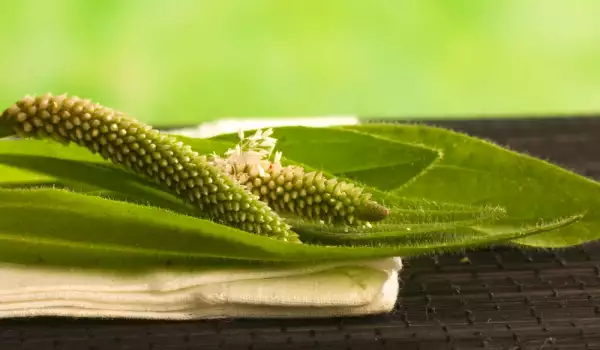
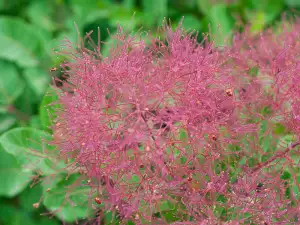


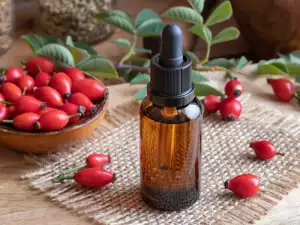

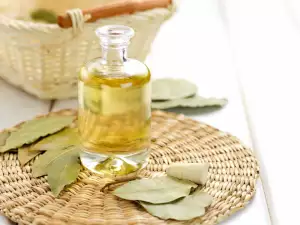
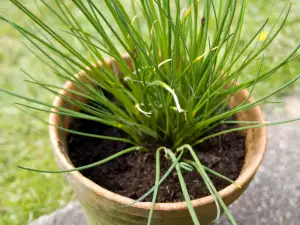
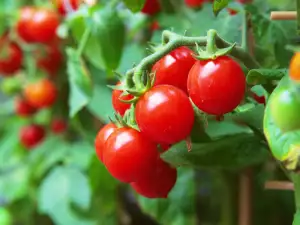
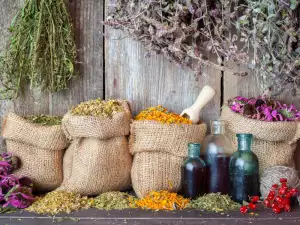

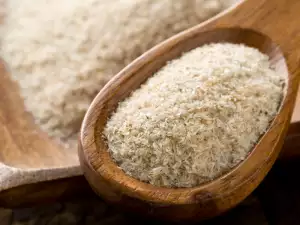

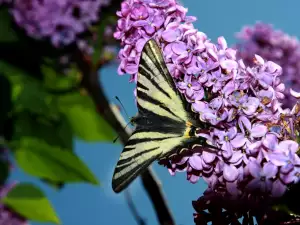



Comments